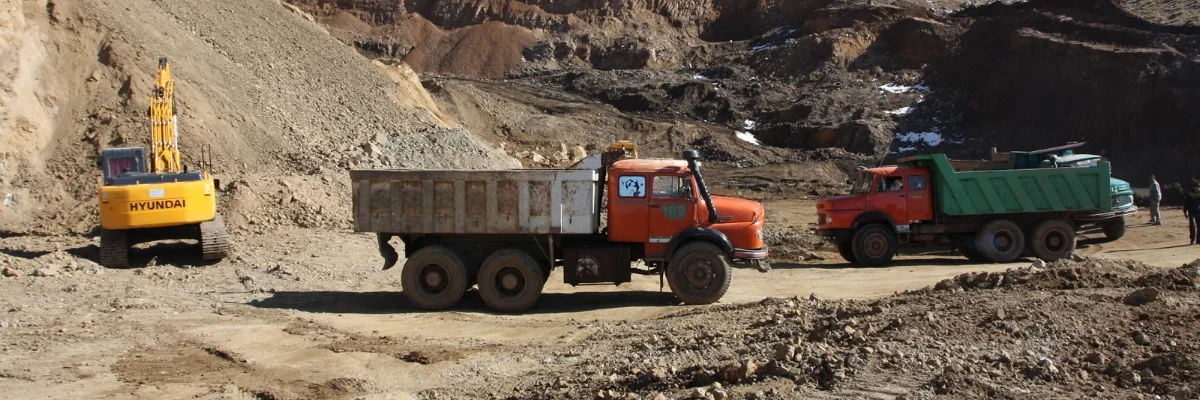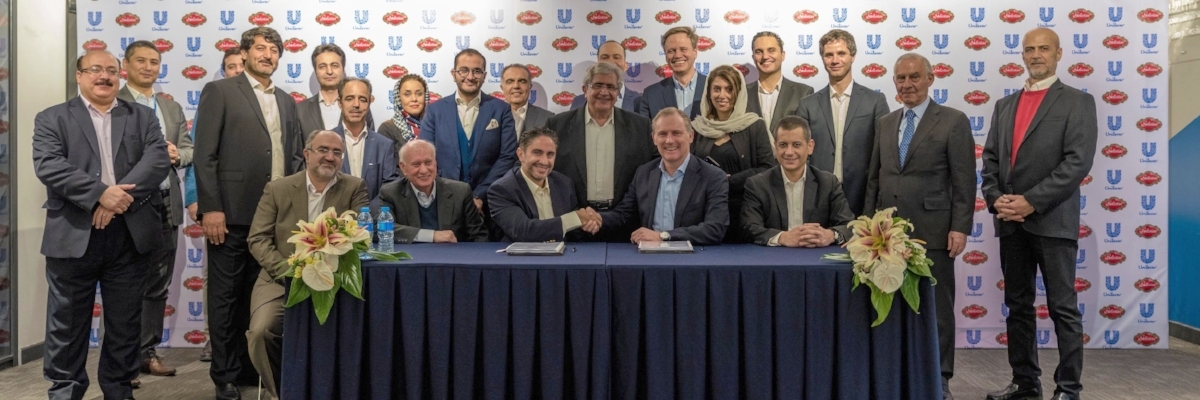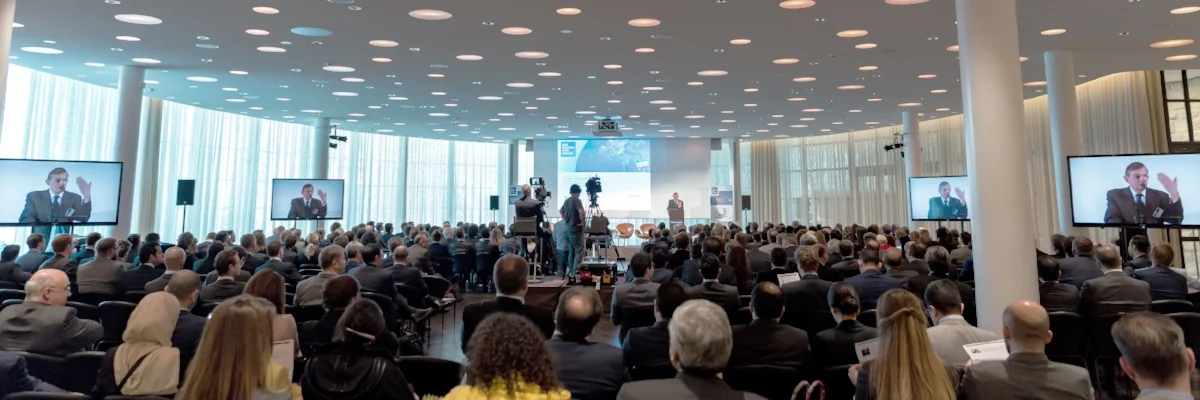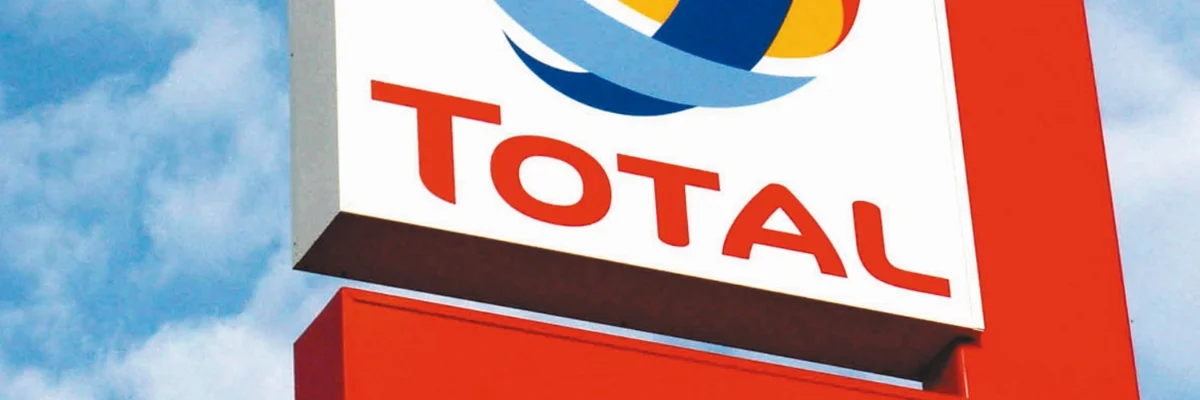◢ Two new investments by a Dutch-registered company have pushed Digikala and Café Bazaar to historic new valuations. Iran's e-commerce leader and largest app store are no longer the visionary startups of a few years ago, but rather ambitious and established enterprises.
◢ The investments were completed discretely, but point back to Sarava, which has reportedly raised new capital in Europe. The venture capital firm is poised to further expand its dominance in Iran's tech sector.





















